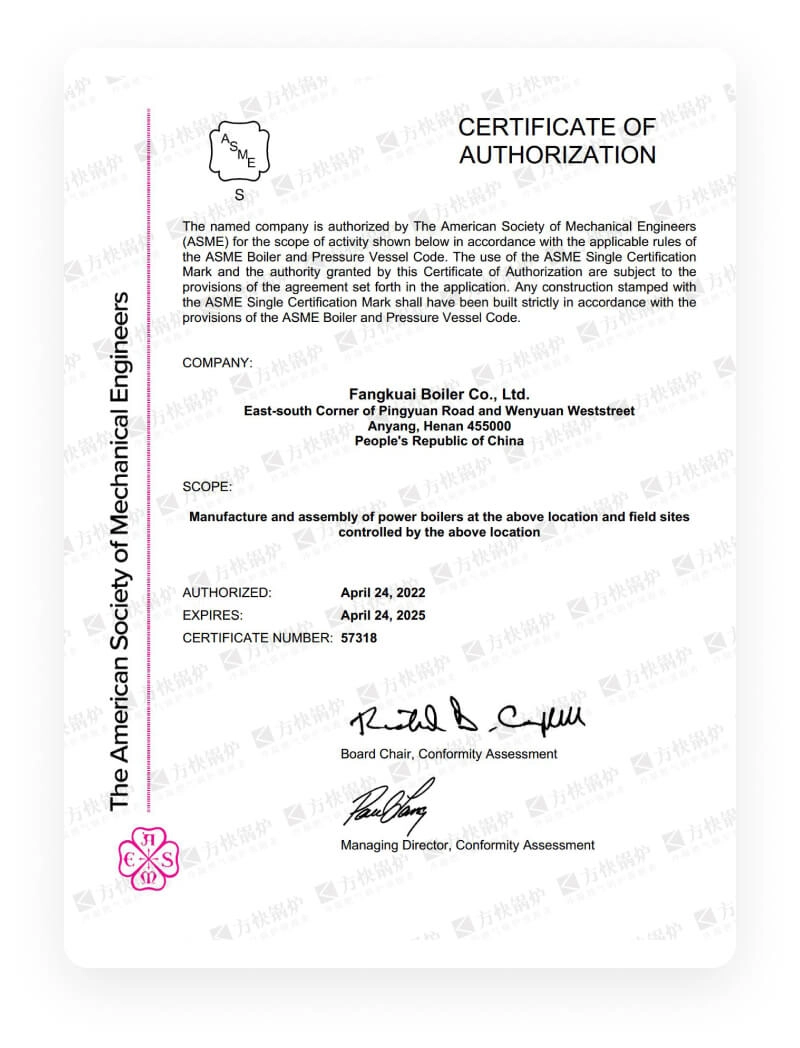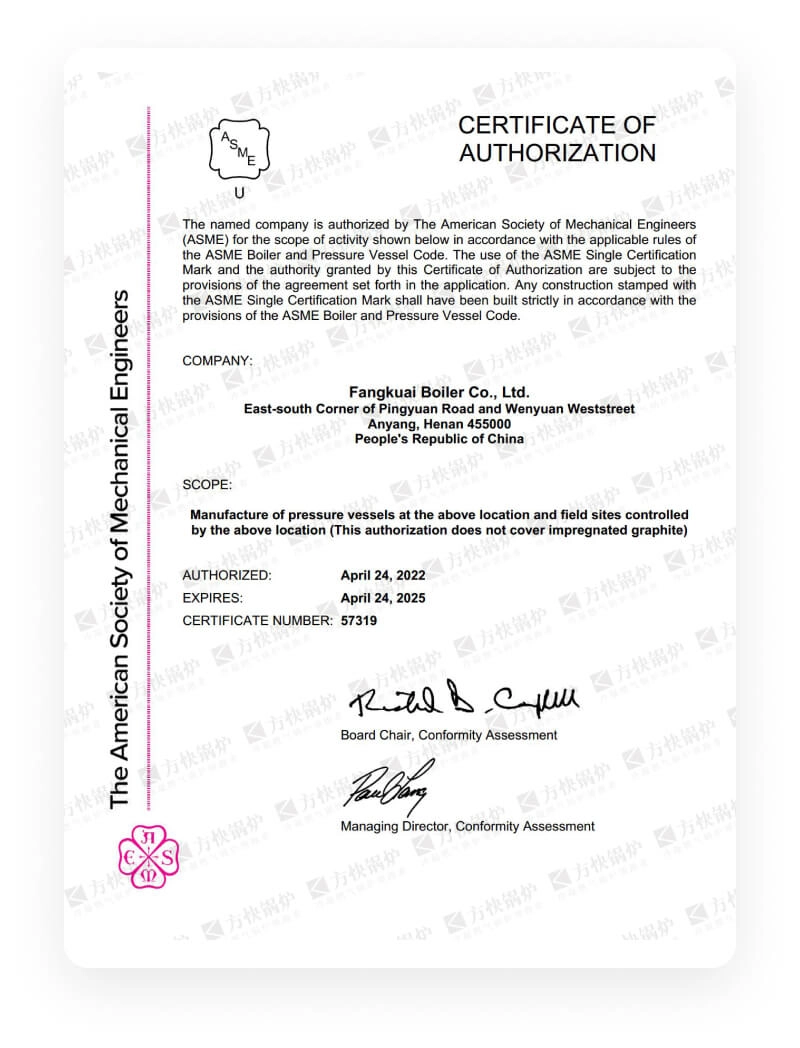

View all products
FangKuai series boilers adopt independent condensation technology, with high thermal efficiency, complete safety protection, intelligent Chinese control, safety, economy and environmental protection.
Don’t know how to choose a boiler?
Free Boiler Selection GuideView price directly!
Request a quoteFill in your WhatsApp/Tel and let us serve you directly
View more cases
Our customers span all industries around the world. In the past 10 years, we have accumulated more than 15,580 customer cases.
Don’t have an industry you want to choose?
Chat onlineEnjoy more services
FangKuai Boiler provides customers with a full range of high-quality services such as project technical consultation, plan production, and installation guidance.
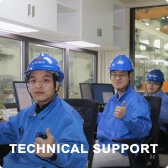

View more news
FangKuai Boiler provides customers with a full range of high-quality services such as project technical consultation, plan production, and installation guidance.
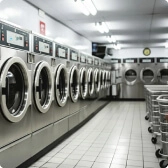
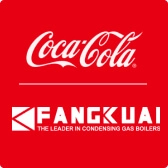
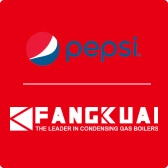
Learn more fangkuai
FangKuai Boiler provides customers with a full range of high-quality services such as project technical consultation, plan production, and installation guidance.
